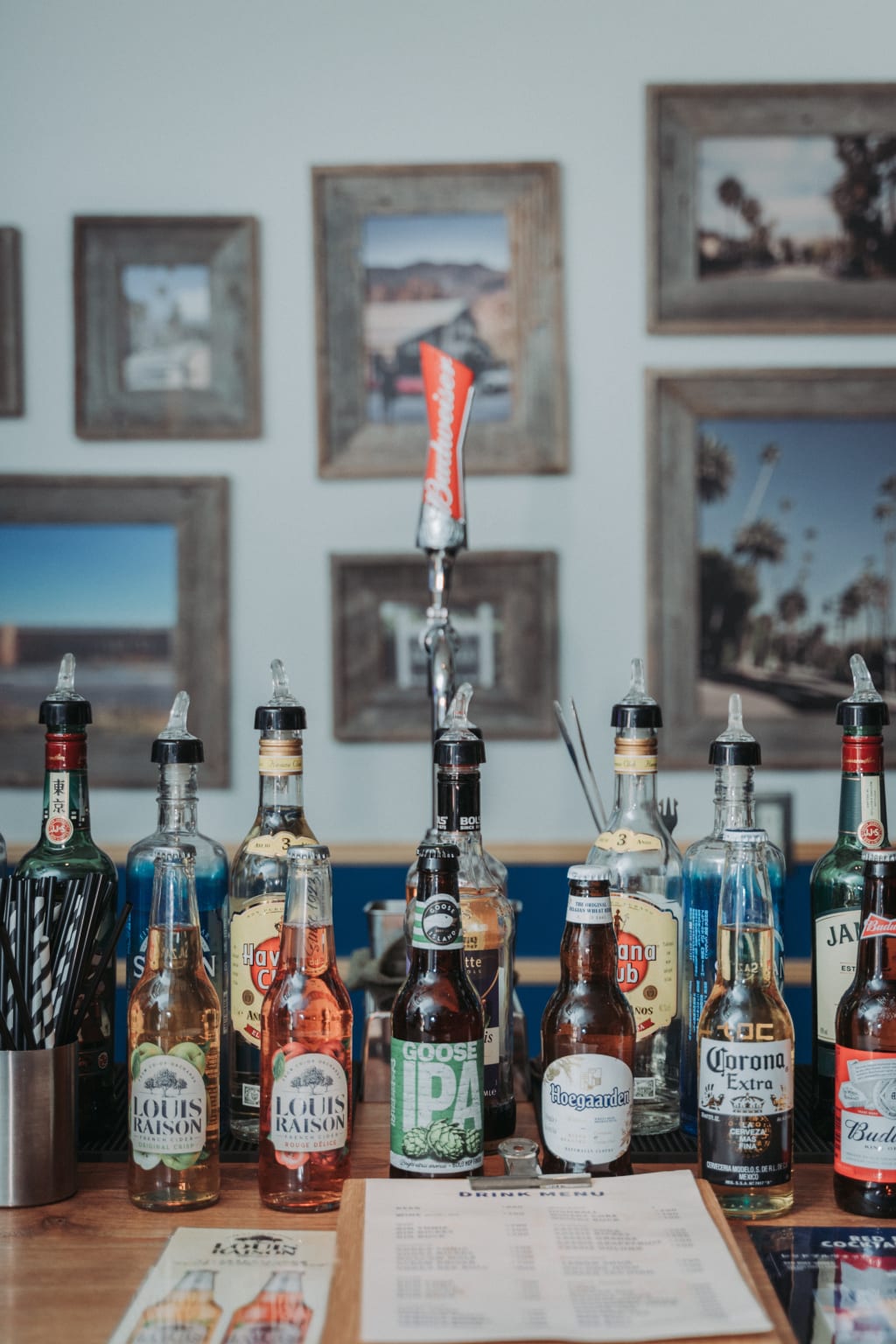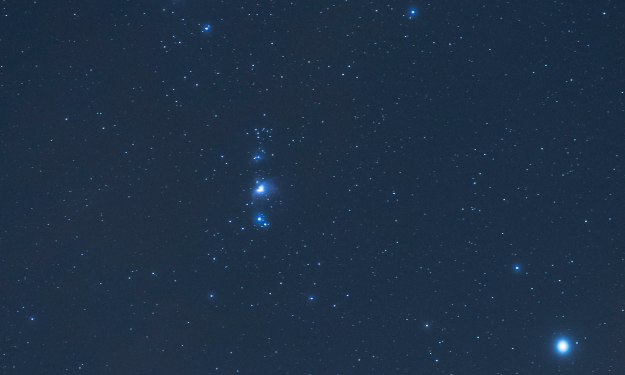
There is an important principle in the field of alcohol addiction research: the definition of "alcohol addiction" must be because of the pharmacological properties of alcohol, not the taste of alcohol solution, and the use of alcohol solution taste to establish a model of addictive behavior is not acceptable .
What's the meaning? It means that alcohol is addictive or not, it has nothing to do with whether it is good or not!
As a simple example, animal studies of alcohol addiction often use C57 mice, which are the most alcoholic of all mouse strains.
But even so, in fact, under natural conditions, it doesn't like drinking much, so what should I do? We generally start with sugar-sweetened wine (15% ethanol), as if many people start with rice wine and sweet wine.
Because of the sugar added, even if the mouse shows active drinking behavior at this time, it cannot be regarded as a real alcohol addiction, because no one knows whether it is because it likes sugar or because it likes the wine itself.
When the mice get used to the taste of wine, we will gradually reduce the concentration of sugar until no sugar is added at all. If the mice still actively drink at this time, it is alcohol addiction.
Some people may question, maybe mice just like the taste of alcohol itself? This suspicion is justified, after all, alcohol itself has flavor and aroma.
But in fact, after alcohol addiction, even if the alcohol is mixed with quinine (a very bitter chemical) to make the alcohol unpleasant, they will still take the initiative to drink; some mice even prefer to drink Get an electric shock and drink alcohol.
This compulsive drinking behavior is called compulsive drinking and is seen in many people who drink heavily.
Why am I saying this? I mean, the reason why alcohol is addictive must be its pharmacological properties, the taste of alcohol may be the starting point of your drinking, but its pharmacological properties are the reason why you really feel uncomfortable if you don't drink it.
Having said all that, what is the pharmacological mechanism of alcohol addiction? As we all know, addiction is inseparable from the number one star of the neurotransmitter - dopamine. Human brain imaging studies have found that a small amount of alcohol can significantly increase dopamine levels in the nucleus accumbens (NAc), the brain's reward core region. It's worth noting that the same effect can be achieved with intravenous alcohol, and people with a stronger dopamine response to alcohol are more likely to drink alcohol. This means that alcohol-stimulated dopamine secretion is independent of the taste of alcohol.
So as long as we understand how alcohol enters the brain and affects dopamine, we can understand why some people like to drink.
After alcohol enters the brain, it does not directly promote the release of dopamine, but through multiple pathways, and finally affects the activity of dopamine neurons in the ventral tegmental area (VTA) of the midbrain.
At present, there are mainly the following ways:
(1) First of all, on the VTA not only dopamine neurons, but also a group of inhibitory GABAergic neurons, these neurons usually "control" dopamine neurons and prevent them from releasing dopamine indiscriminately.
On this group of GABAergic neurons, there are NMDA receptors that receive glutamatergic (excitatory) projections from other regions, which have an excitatory effect on the postsynaptic membrane, and activation of these receptors allows GABAergic neurons excite, thereby inhibiting the release of dopamine.
Alcohol is a non-competitive antagonist of NMDA receptors (yellow in the picture above), which can inhibit the above reactions, thereby producing a "disinhibition" effect on dopamine neurons. , release more dopamine.
(2) In addition to dopamine neurons and GABA neurons, there is also a group of opioid neurons, which release "endorphins" to GABAergic neurons and act on the "μ opioid receptors" on GABAergic neurons , can inhibit the postsynaptic effect.
Alcohol promotes the release of endorphins, which increases the inhibition of GABA neurons, which in turn depresses dopamine neurons.
It can be seen that alcohol mainly works by inhibiting GABA neurons to relieve the inhibition of dopamine neurons (if you don't understand the above, just remember "de-inhibit dopamine")
Similarly, many of the serotonin, cannabinoids, etc. mentioned by others actually act on the dopamine system in the end, so I won't introduce them one by one here.
Of course, the actual situation is much more complicated than this. Various neurotransmitters and receptors influence each other in a complex neural network, and the response of alcohol to dopamine neurons is not completely consistent. It can only be said that it will promote most dopamine neurons. However, there are also some dopamine neurons that do not respond to alcohol, or even inhibit the response.
Although the reward-addictive effects of alcohol's increased dopamine release vary on an individual basis, in general it is the pharmacological effects of alcohol itself, not its taste, that make people like it, and even drink it The root cause of addiction.
As you drink more and more, the dopamine receptors in your brain will also change accordingly, and you will become more and more tolerant of the taste of alcohol and enjoy drinking more and more.
Therefore, although many people do not like drinking at first, they can only drink sweet rice wine and fruit wine, but gradually they can have a few drinks, and even completely fall in love with drinking.





Comments
There are no comments for this story
Be the first to respond and start the conversation.